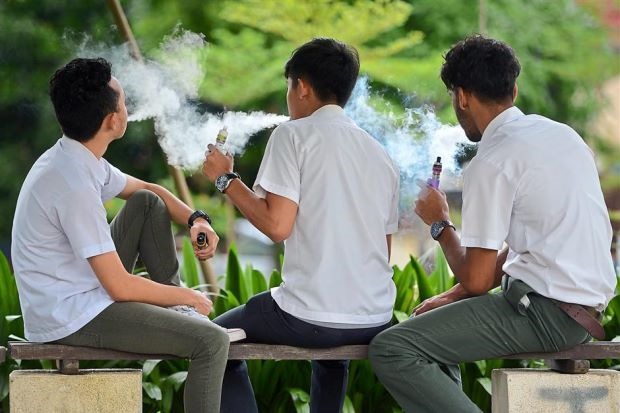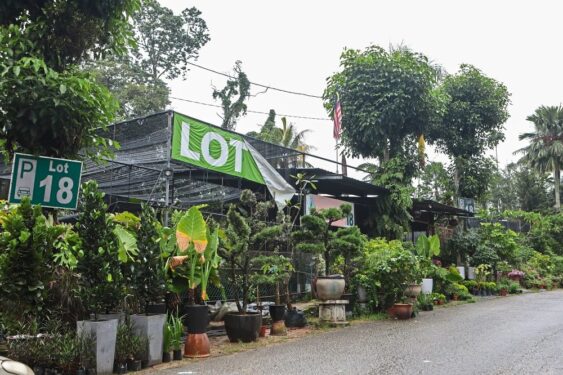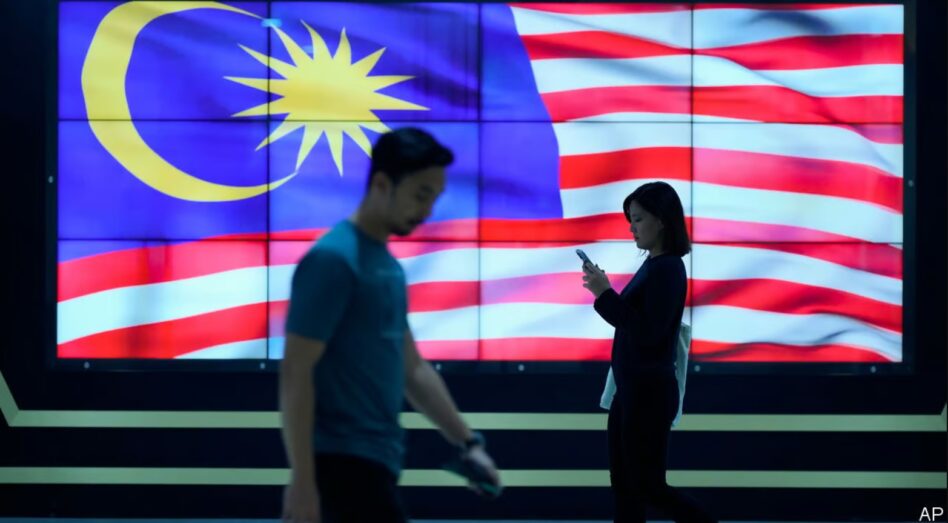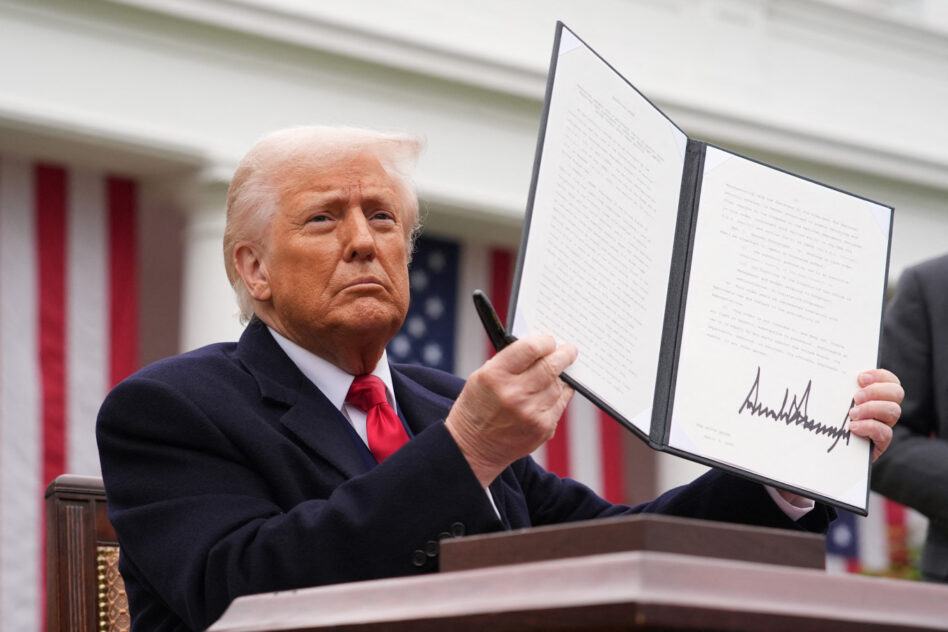MALAYSIA is steadfast to ban the sale of tobacco and other smoking products to those born after 2005 in the quest to eradicate non-communicable diseases (NCDs) which include cardiovascular diseases, chronic respiratory diseases, cancer and diabetes.
Health Minister Khairy Jamaluddin did not mince his words with regard to enforcing a “Generation End-Game” for smoking in the long run, piggybacking on New Zealand’s historic move to implement a similar law banning the sale of cigarettes to anyone born after 2008.

Speaking at the 150th Session of the World Health Organisation’s (WHO) Executive Board Meeting in Geneva (Switzerland) on Wednesday (Jan 26), the Health Minister said Malaysia – like some other WHO’s Western Pacific Regional Office (WPRO) countries – hopes to pass legislation this year which will bring about a generation end game to smoking.
“The sale of tobacco and other smoking products will be made illegal to anyone born after 2005. Malaysia feels this will have a significant impact in preventing and controlling NCDs,” he pointed out in a speech delivered in Geneva on Jan 26, 2022.
Intervention Remarks by @Khairykj Minister of Health at The 150th Session of The World Health Organisation’s Executive Board Meeting
24-29 January 2022 pic.twitter.com/ppLOkRVXni
— KKMalaysia🇲🇾 (@KKMPutrajaya) January 27, 2022
Recall that Khairy has recently expressed his intention to table a new Tobacco and Smoking Control Act in the upcoming Parliament meeting – which is set to run from Feb 28 to March 24 – to replace the current tobacco product control legislations under the Food Act 1983.
The aspect of creating a smoke-free generation in Malaysia is not entirely new as the intention was made known through the National Strategic Plan on Tobacco Control (2021-2030) which targets to reduce current 20+% smoking prevalence to <15% by 2025 and <5% by 2040.
A decade in the making, New Zealand announced last month plans to progressively ban the sale of all cigarettes in the country while still allowing current tobacco addicts to buy cigarettes by raising the legal smoking age every year. Singapore has expressed interest in devising a similar ban and will be studying the implementation of New Zealand’s law.
While the move to ban smoking is lauded by various non-governmental organisations (NGOs) including Ikram Health Association, MyWatch, the Malaysian Pharmacy Association and the National Cancer Society, it could adversely spark the mushrooming of illicit cigarette sales – a menace which is said to be masterminded by ‘super cartel’ within Malaysia’s law enforcement agencies.
Leakages from the shadow economy, particularly the illegal cigarettes trade that cost the Government more than RM5 bil in uncollected tax revenue every year, have continued to weigh down the Malaysian economy and negatively impact the society at large, according to Association of Certified Fraud Examiners (ACFE)-Malaysian Chapter founder and president Datuk Seri Akhbar Satar.
Malaysia is currently ranked first in the world for the illegal cigarette trade where six out of 10 cigarettes sold in the market are illegal products.
Fearing the effect on the long-term prospect of this “Generation End-Game” initiative, TA Securities Research has recently adjusted downward British American Tobacco Malaysia Bhd’s long-term growth rate assumption to 0.5% from 3.0% previously in view of what the research house deemed as “long-term structural challenge”.
In so doing, TA Securities Research has downgraded BAT Malaysia to “sell” (from “hold” previously) with a lower target price of RM11 (from RM15.50 previously). – Jan 28, 2022
Photo credit: mStar









